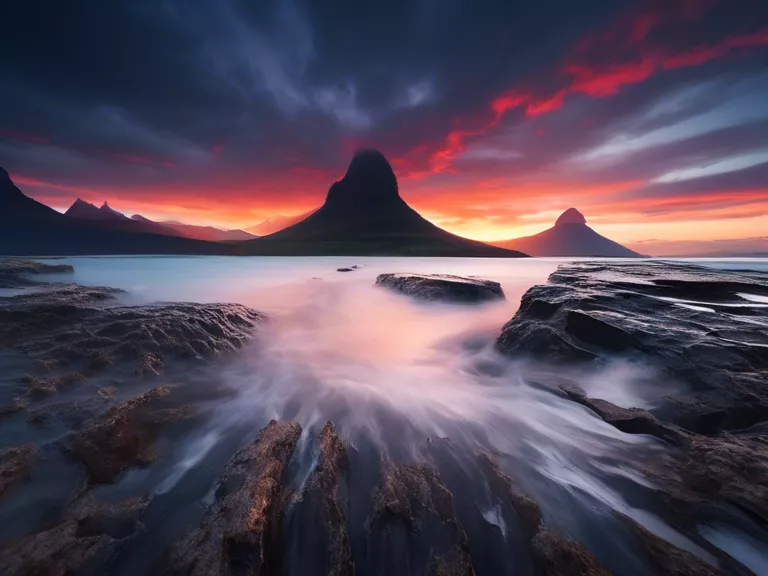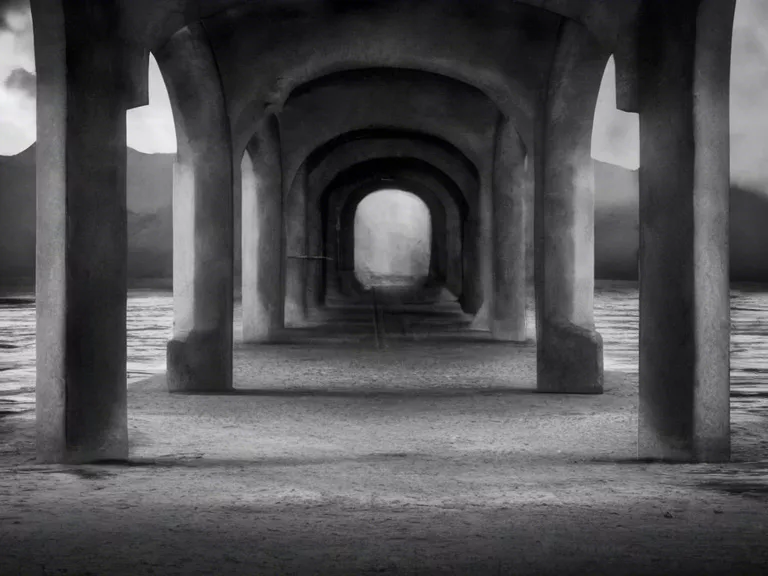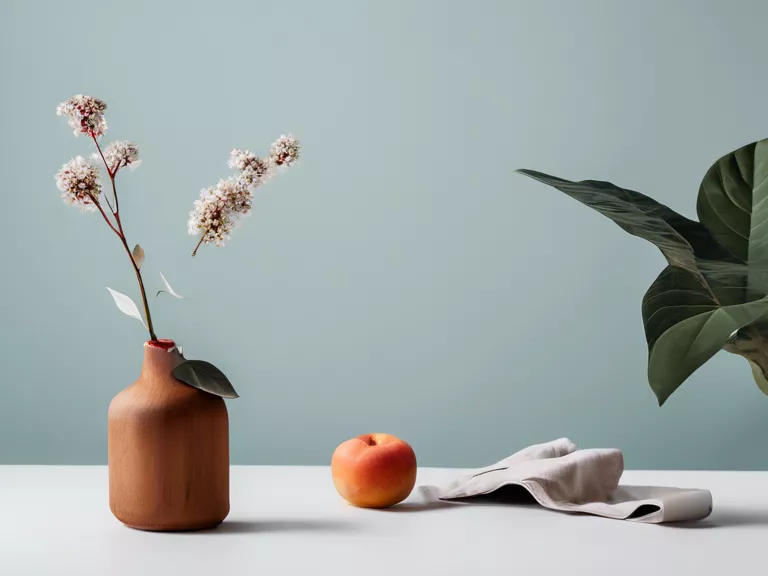
Capturing the beauty of landscapes through photography requires more than just pointing and shooting. To truly make an impact with your landscape photos, there are several key techniques to keep in mind. From composition to lighting, this guide will help you elevate your landscape photography to the next level.
First and foremost, consider the composition of your shot. The rule of thirds is a classic guideline that can help create visually appealing and balanced images. Place points of interest at the intersections of the gridlines to draw the viewer's eye into the scene. Additionally, think about leading lines and framing elements in your composition to add depth and interest.
Next, pay attention to the lighting in your landscape photos. Golden hour, the time shortly after sunrise or before sunset, offers soft, warm light that can enhance the beauty of your scene. Avoid shooting in harsh midday light, as it can create harsh shadows and result in washed-out colors. Experiment with different lighting conditions to see how they affect the mood and atmosphere of your photos.
In addition to composition and lighting, consider using a tripod for sharper images, especially in low-light situations. Adjust your camera settings to ensure the entire scene is in focus, using smaller apertures for greater depth of field. Don't be afraid to experiment with different angles and perspectives to find the most striking and unique shots.
Lastly, post-processing can also enhance the impact and beauty of your landscape photos. Use editing tools to adjust exposure, contrast, and color balance to bring out the best in your images. But remember, subtlety is key – avoid over-processing your photos, as this can detract from the natural beauty of the landscape.
By following these tips and techniques, you can capture stunning landscape photos that truly make an impact. Remember to practice, experiment, and most importantly, have fun while exploring the beauty of the world through your lens.



